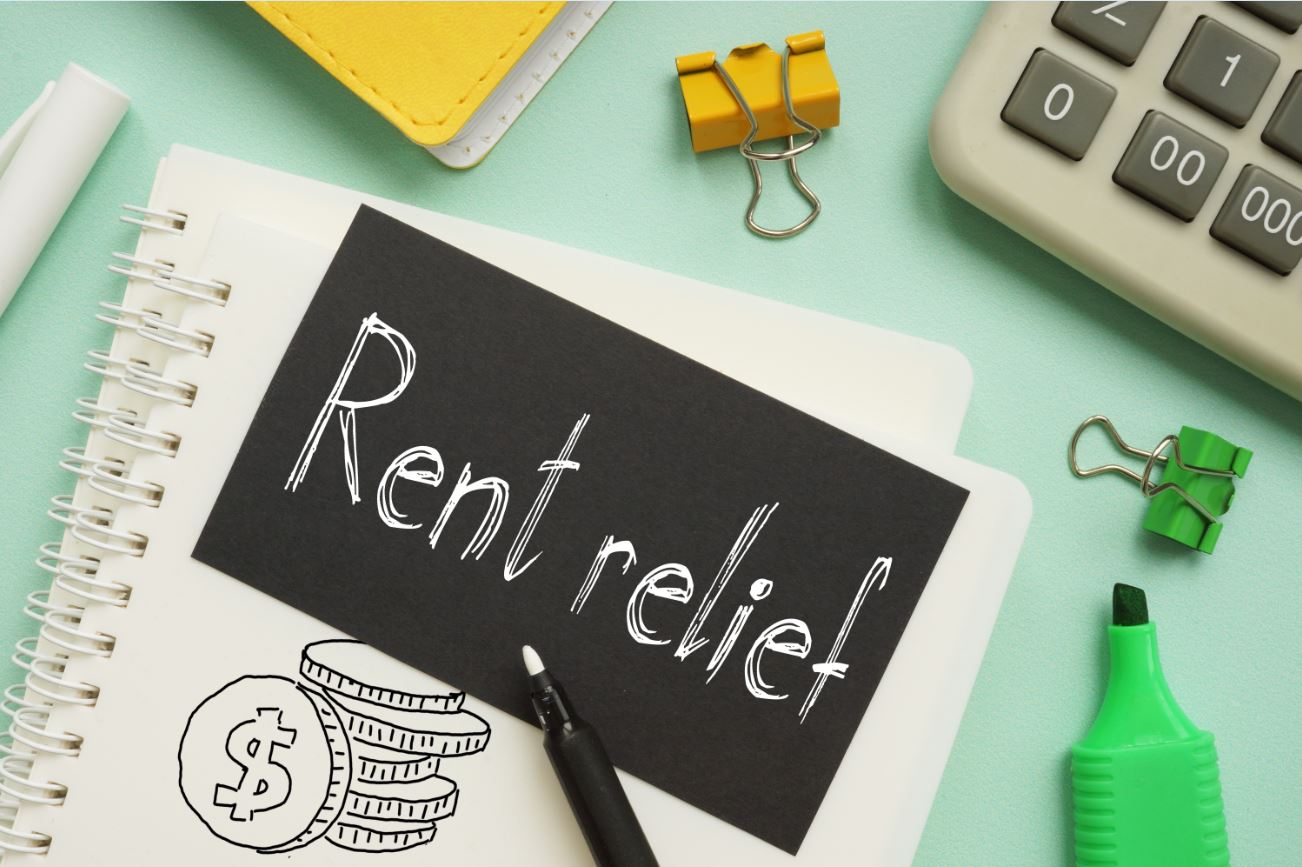Legal Updates
Guidelines for determining COVID-19 commercial rent relief released

Following the enactment of the COVID-19 Response (Management Measures) Legislation Act 2021 (“Act”), the Ministry of Justice has now published guidelines to assist parties when negotiating COVID-19 lockdown rent relief agreements.
The Act mandates the reduction of a fair proportion of rent when a tenant cannot gain access to their premises to fully conduct their business because of epidemic-related health and safety reasons. This clause is implied in all commercial leases, except those with an existing equivalent provision or where a separate agreement on rent remission has already been reached, and applies from 18 August 2021 onward.
Guidelines for a “fair proportion” of rent
As we noted in a previous article on this topic, the main issue for parties negotiating lockdown rent agreements is the level of rent relief to be applied. Prior to its passing, there were calls for the Act to set out explicit criteria for parties to refer to when determining what constituted a “fair proportion” of rent. Parliament declined to include such criteria in the Act. However, courtesy of the Ministry of Justice, there is now guidance available on the matters parties might consider during their negotiations.
The key guidelines are as follows:
- “Rent”, as defined in the Act, includes outgoings such as rates, insurance and rubbish collection. Accordingly, tenants are entitled to the reduction of a fair proportion of these payments also.
- Consideration should be given to the tenant’s loss of income when determining a fair proportion of the rent. This means a tenant who hasn’t lost any income during a period of non-access (for example, because of their ability to operate remotely) may not expect any rent reduction. As a starting point, it is suggested that parties apply the percentage of loss of income to the percentage of rent relief and work from there.
- The tenant’s loss of income should be connected to their inability to access the premises. In other words, a tenant who can access their premises but has no business because of border closures is not entitled to a rent reduction under the Act.
- The tenant’s overall financial position may be of relevance. A business on the brink of financial collapse could expect to receive a greater rent reduction than one that is thriving financially.
- Only the tenant’s loss of income during the period of non-access should be considered. If the business experiences a resurgence in sales once access is re-instated, that should not reduce the level of rent relief.
- The landlord’s financial position may also be a relevant factor. If the landlord has substantial financial commitments, that may point towards a lesser rent reduction being appropriate.
- The parties should have taken steps to mitigate their losses. For example, a tenant that has the capacity to operate via click and collect, but has chosen not to, might expect this to impact on the level of rent relief offered to them.
Quality advice is key
While the Ministry of Justice’s guidelines will be of assistance to some, they ultimately have no legal force. With local and regional lockdowns still a possibility under the COVID-19 Protection Framework and the Omicron variant knocking at the door, parties may yet find themselves at loggerheads over lockdown rental agreements in 2022.
We continue to assist clients in relation to a variety of leasing issues on a daily basis. If you would like to discuss an aspect of your lease, please contact Sarah, Jono, Jordan or Sean.